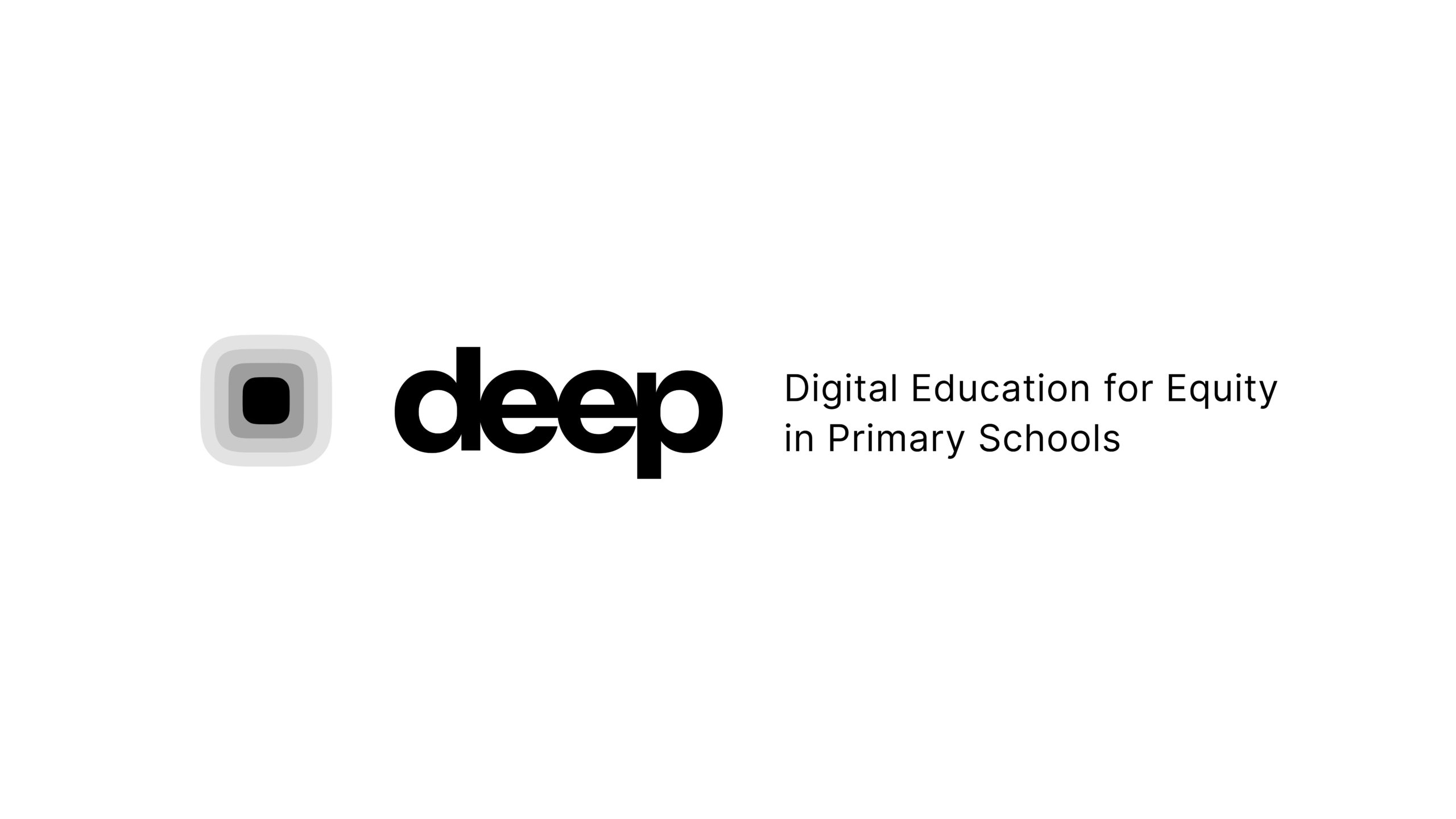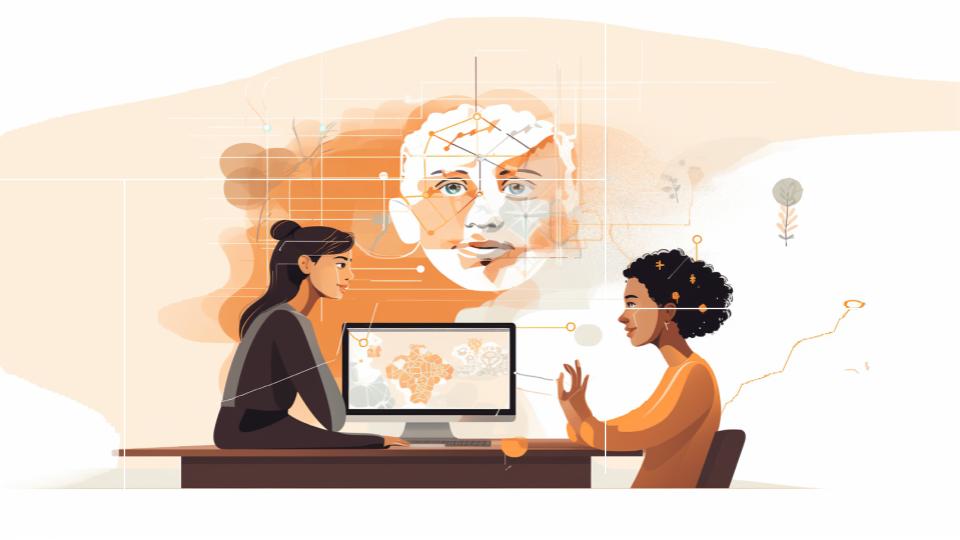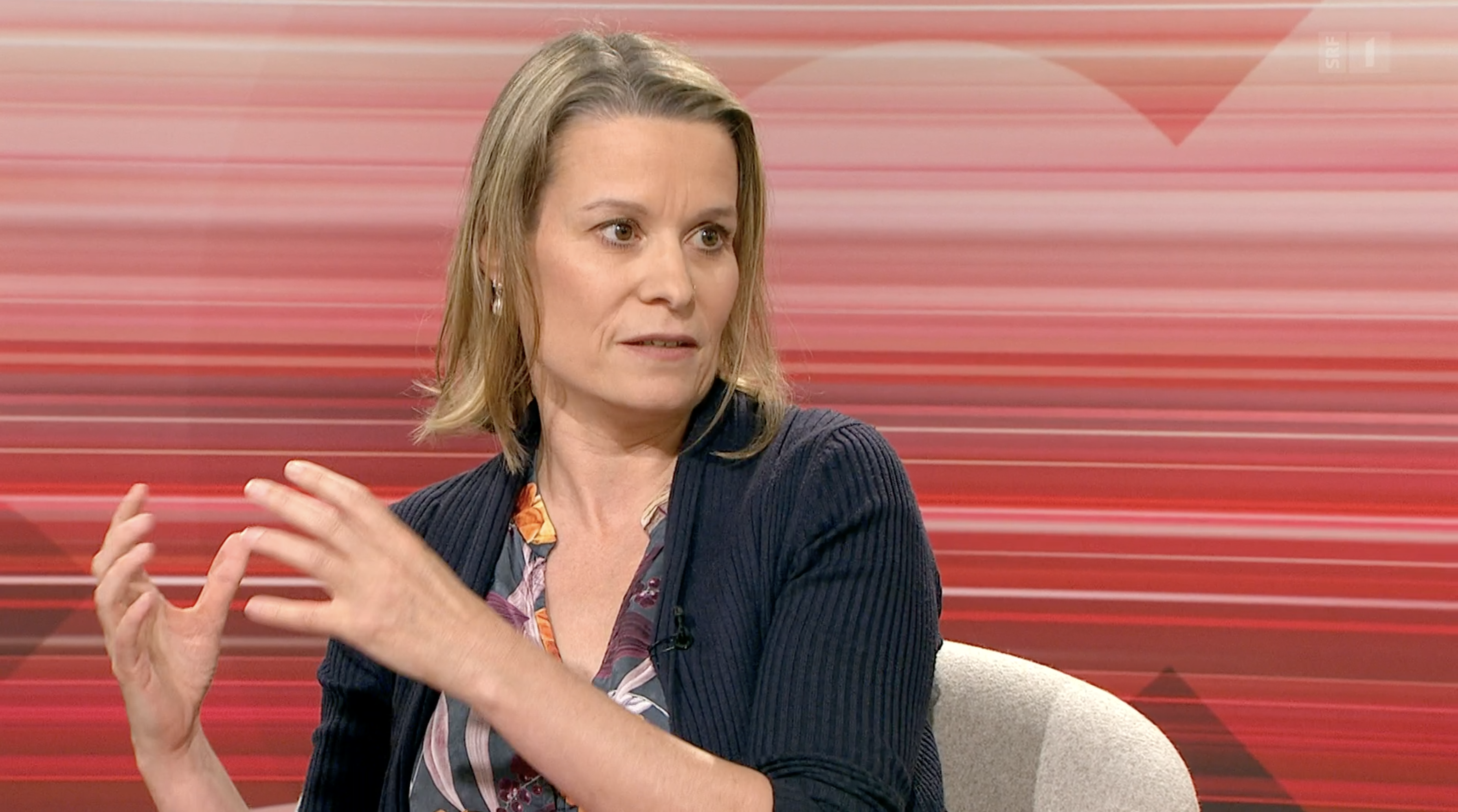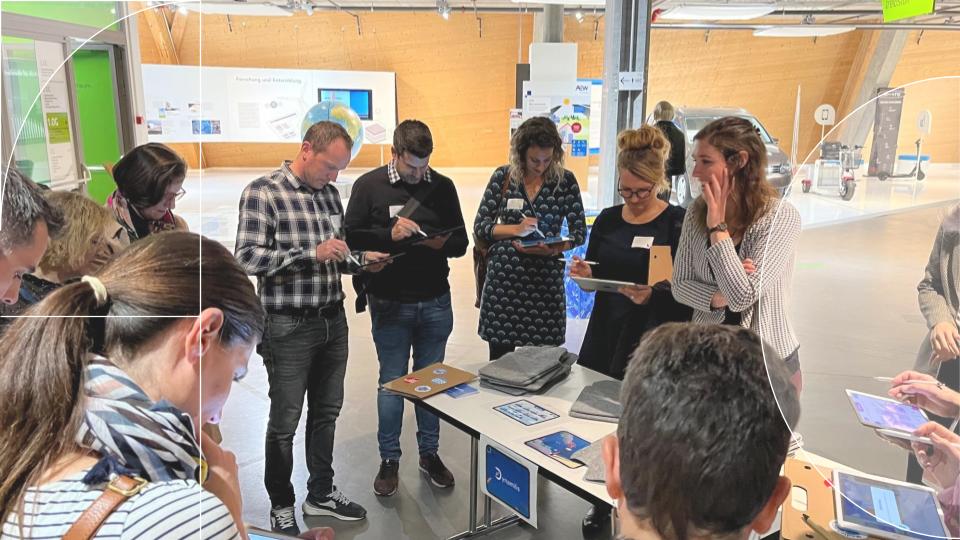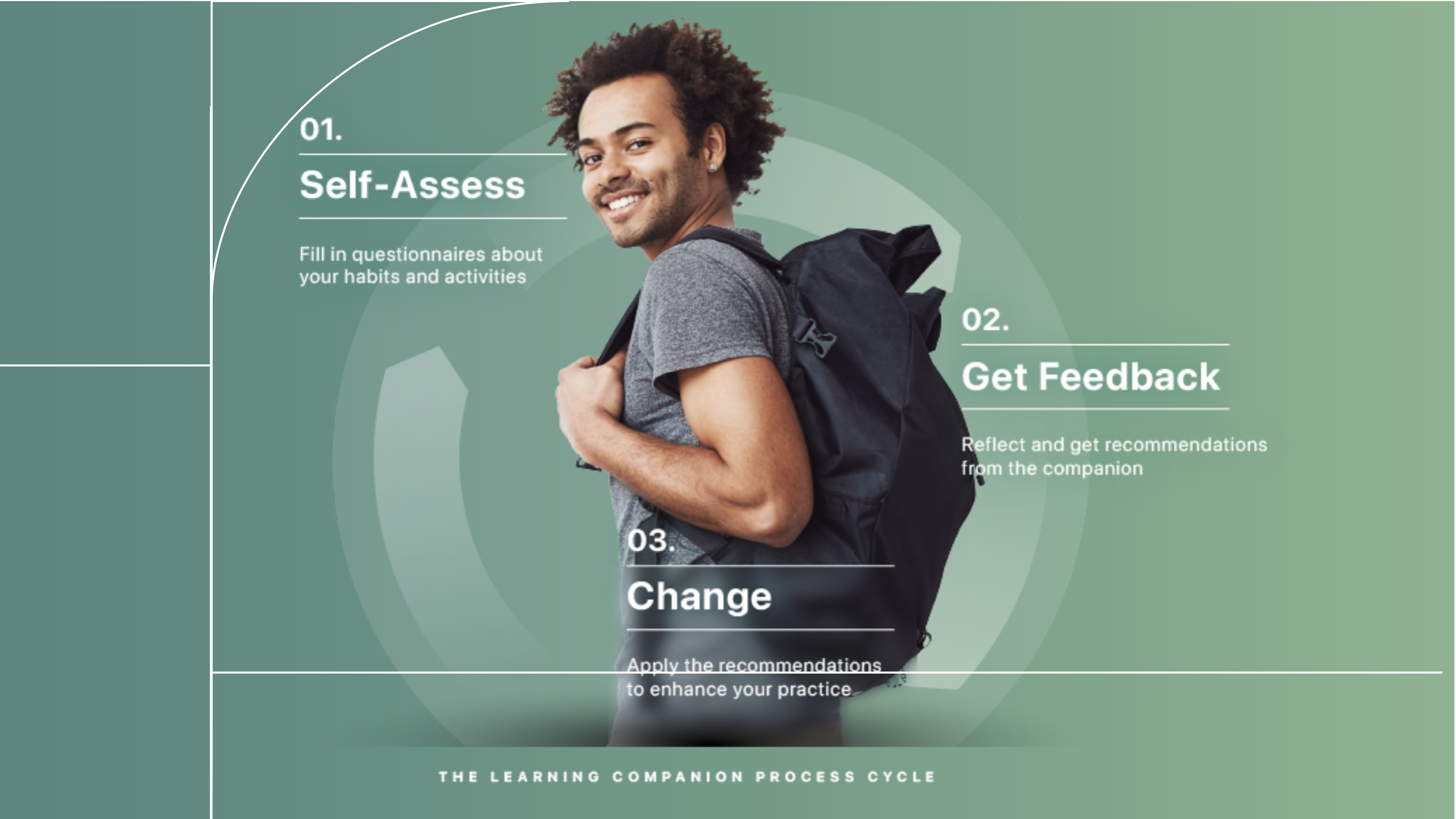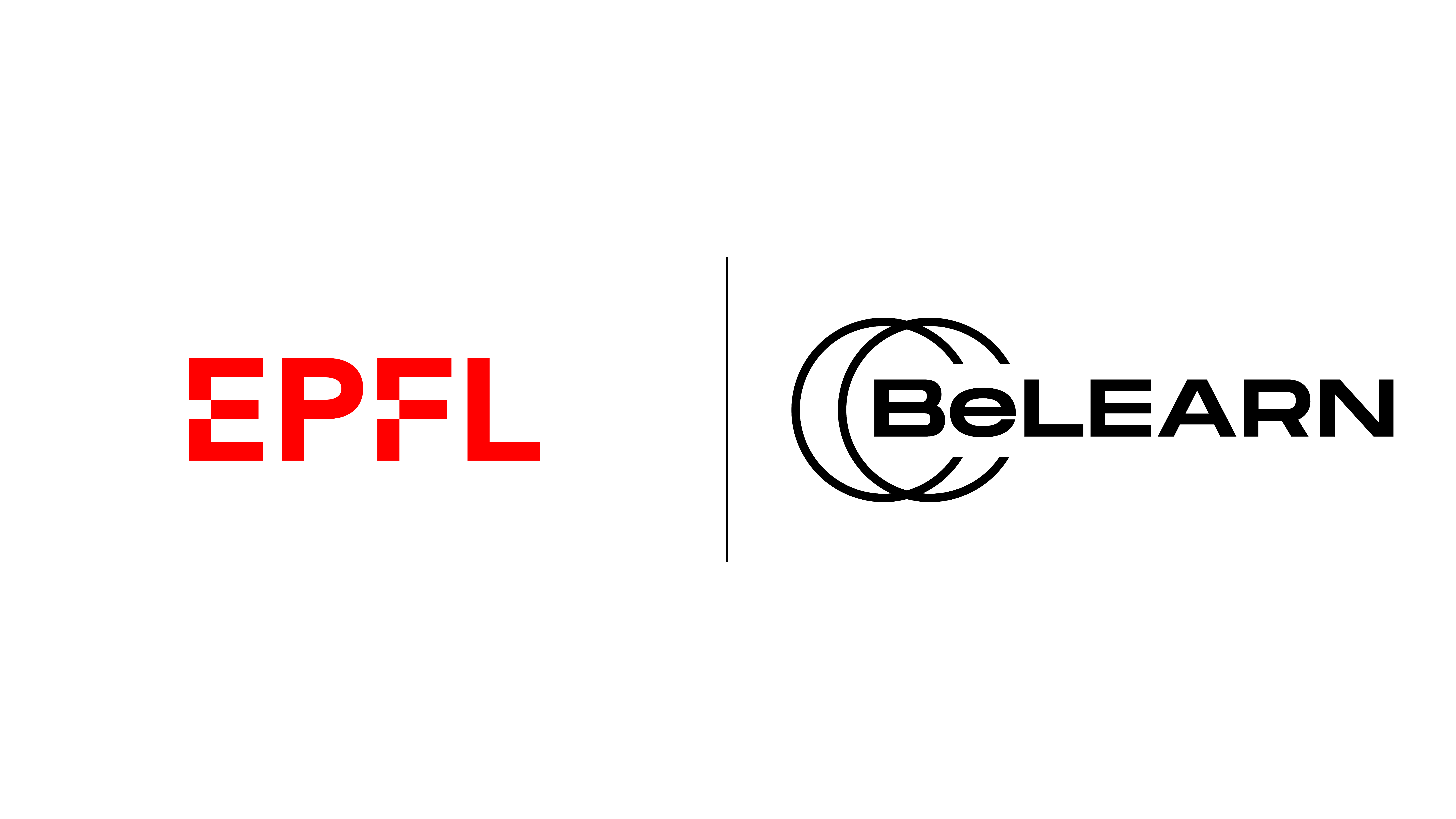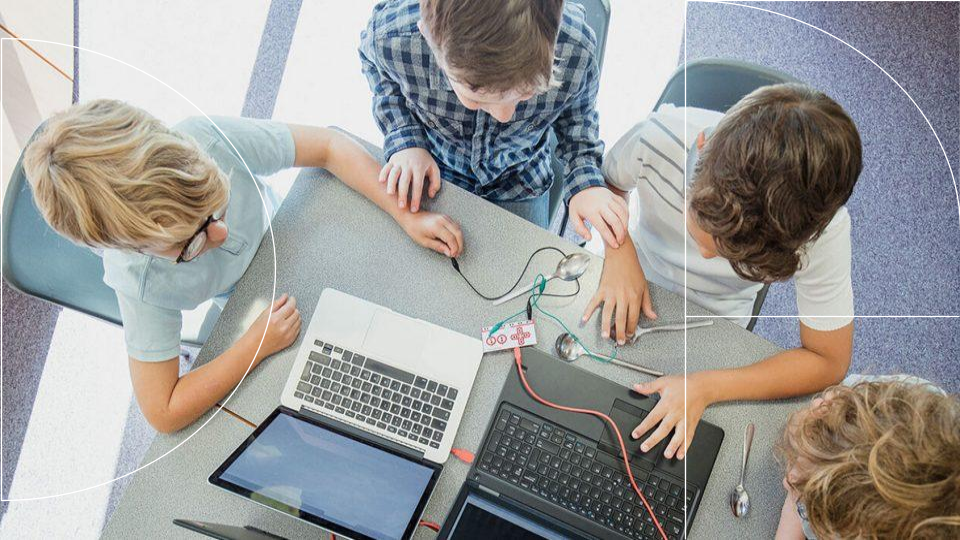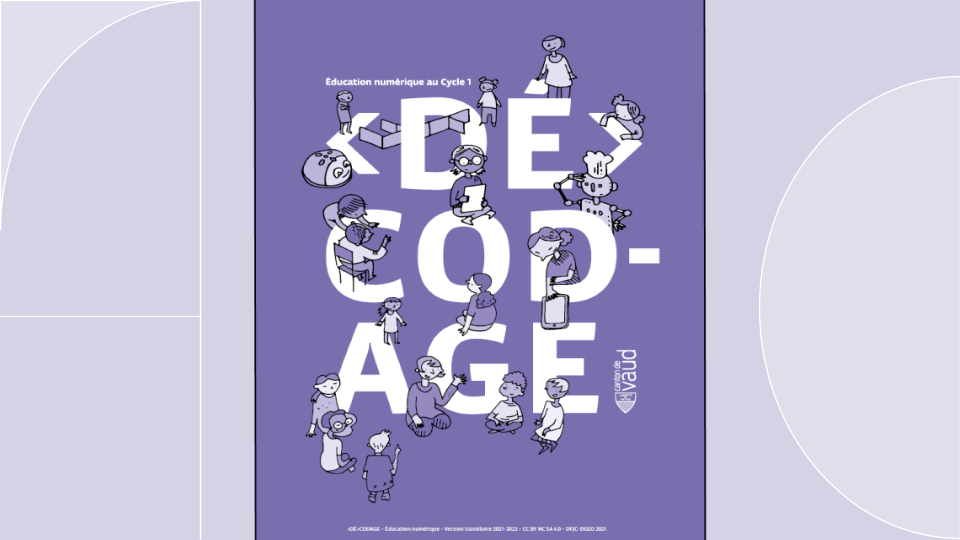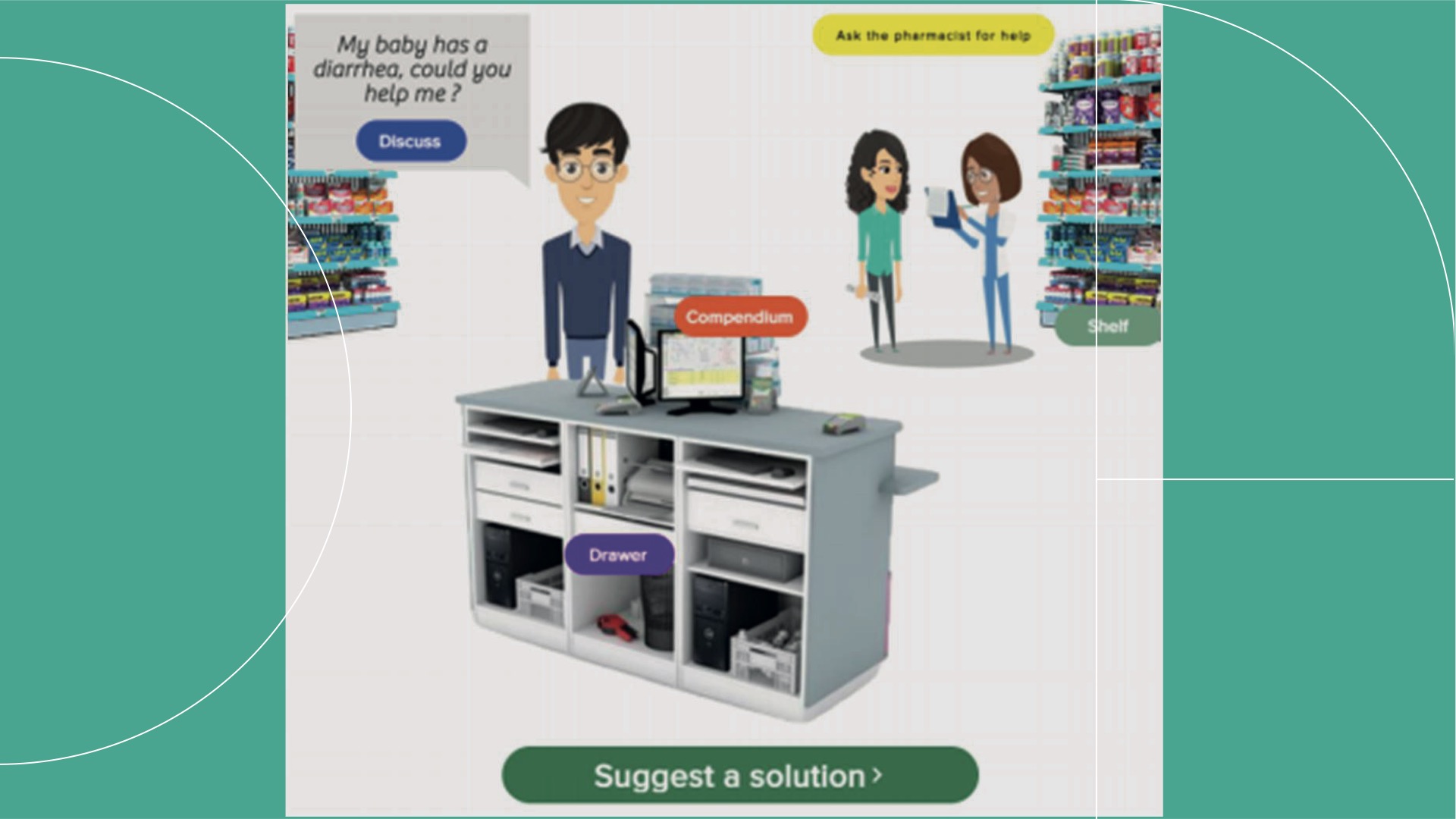In order to strengthen and extend EPFL’s contribution to the digital transformation of education, the Center LEARN has joined the partnership between the Canton of Bern’s Department of Education and Culture and five universities to form BeLEARN: a competence center whose objective is to advance digital education through a translational approach.
Within this framework, the three Bernese institutions – the University of Bern, the Bern University of Applied Sciences and the Bern University of Teacher Education – as well as the EPFL and the Swiss Federal University for Vocational Education and Training (SFUVET) are combining their competencies with a multidisciplinary network of various educational research teams working on all levels of the Swiss educational system. Start-ups specialized in digital education participate in BeLEARN through a strategic partnership with the Swiss EdTech Collider.
BeLEARN partners collaborate on research projects based directly on specific needs identified in the field and transpose their results into the implementation of practical solutions along three main axes: the development of digital skills in education, the pedagogical use of digital resources and tools, and learning analytics (data science applied to education).
Within EPFL, various projects are conducted within the framework of BeLEARN:
Ongoing projects:
Are deep generative models a threat to the creative sector, leading to mass unemployment, or could they be leveraged as valuable allies, enhancing creative processes, e.g., in vocational education? This project will build upon prior work investigating the impacts of deep generative modeling tools on the creative practices of fashion design apprentices in the Swiss VET system.
Contact person: Prof. Dr. Thiemo Wambsganss (Berner Fachhochschule)
The Be(e)Chat project aims to enable secure and data protection-compliant applications in the educational context on the basis of a locally operated generative AI-based model (GenAI) in the university landscape of the canton of Bern. The aim is to maintain data security and control possible biases, which distinguishes the approach from available commercially operated language models and services such as ChatGPT.
Contact person: Prof. Dr. Kerstin Denecke (Berner Fachhochschule)
The aim of the project is to design and develop a conversational agent (CA), a software program mimicking human conversation, that leads learners through their reflection process by providing step-by-step guidance and individual writing feedback, with the aim of enhancing the quality of their written reflections.
Contact person: Prof. Dr. Thiemo Wambsganss (Berner Fachhochschule)
Exploring the fusion of aesthetics & robotics, this project challenges stereotypes to enhance motivation and transversal skills in education.
Contact person: Prof. Dr. Francesco Mondada (Center LEARN and MOBOTS, EPFL)
This project explores how the Digital Training Companion, leveraging data science and AI, enhances the monitoring and follow-up of training in digital competencies.
Contact person: Dr. Sunny Avry (Center LEARN)
The MI2US project aims to deliver validated activities using artificial agents such as virtual avatars and social robots to foster the integration and interaction of children from multicultural and different backgrounds in school environments.
Contact person: Daniel Tozadore (CHILI Lab, EPFL)
The Learning Companion is an online tool that has been actively developed at EPFL since 2017. It seeks to help students acquire effective learning strategies. This project aims to help future students acquire efficient study habits and metacognitive skills which are important for lifelong learning.
Contact person: Prof. Dr. Michael Eckhart (Pädagogische Hochschule Bern)
This research project investigates the impact of IVR on motivation, creativity, and design outcomes in VET.
Contact person: Gaby Walker (Eidgenössische Hochschule für Berufsbildung EHB)
This study aims to enhance our understanding of how social emotions, specifically those linked to trust, warmth, and status, influence the learning process of team members within a computer science team project.
Contact person: Nihat Kotluk
Promoting problem-solving strategies through robotics activities in MINT mobil for primary school students in cycle 2. This project examines how the current offering meets children’s problem-solving strategies and support them in specific ways to develop their skills. In the project, we closely collaborate with teachers and conduct field-tests.
Contact person: Dr. Susanne Grabowski (Center LEARN and MOBOTS)
This project aims to design, develop and test a module for a scenario-based “serious game” to promote entrepreneurial competencies.
Contact person: Prof. Dr. Susan Müller (Berner Fachhochschule)
This project aims at coping with the scarcity of open and high-quality educational resources by offering access to public collections created by and for educators. It follows a participatory design methodology integrating educational specialists, domain experts, teachers, interaction designers, and software engineers to fulfil the actual requirements of the practitioners.
Contact person: Dr. Denis Gillet (REACT Group, EPFL)
Closed projects:
This BeLEARN project served the development of an international consortium for joint applications and work on a long-standing research plan on digital responsibility.
Contact person: Prof. Dr. Nikolaus Obwegeser (Berner Fachhochschule)
This project aims to merge existing learning laboratories into a network.
Contact person: Dr. Uwe Dirksen (Pädagogische Hochschule Bern)
The aim of this project was to develop an adaptive learning system which is tailored to the specific curriculum of high school mathematics taught in Switzerland.
Contact person: Francesca Tripaldi (Universität Bern)
The objective was to enhance the identification and support of children with handwriting difficulties with the graphomotor instrument GRAFOS (PHBern) and Dynamilis (EPFL). The aim was also to gain new insights into the relationship between graphomotor skills/handwriting and general school learning
Contact person: Pierre Dillenbourg (CHILI Lab, EPFL)
This project aimed to create and evaluate multilingual versions of the Learning Companion and to investigate differences between populations.
Contact person: Dr Patrick Jermann (Center for digital education, EPFL)
This project used an experimental model to evaluate two potential educational approaches in using deepfakes to develop students’ moral sensitivity and moral reasoning.
Contact person: Roland Tormey (Teaching support Centre, EPFL)
Projects under construction:
The goal of the ResponSE project is to sustain the Youth@STEM4SF initiative, while extending its scope and its impact by engaging students in co-creation activities at BeLEARN in order to turn their ideas into Open Educational Resources (OERs) that can be shared broadly and reuse by science teachers in Switzerland.
Contact person: Dr. Denis Gillet (REACT Group, EPFL)
Call for projects:
The call for projects 2024 for projects running in 2025 is out. Submission deadline is on 10.09.2024. This call is open to EPFL researchers only.
Please consult the guidelines and the application form.
For further information, please contact jessica.dehlerzufferey@epfl.ch.

